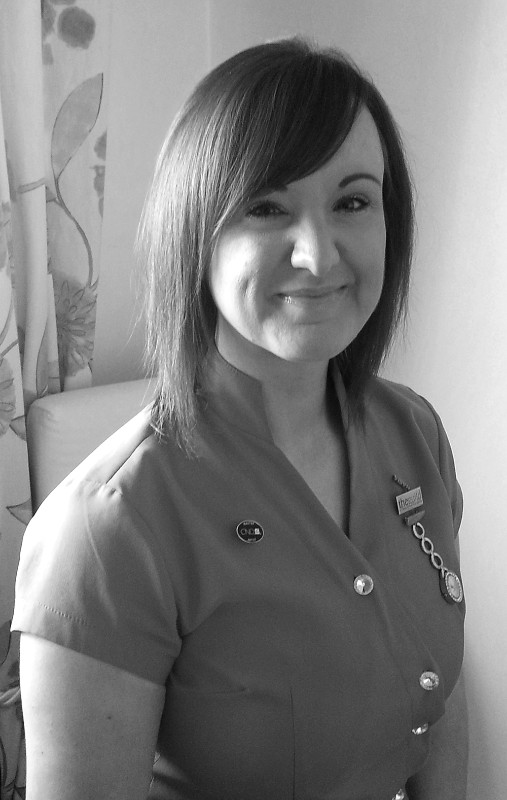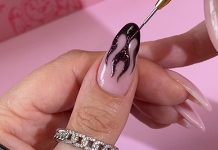How do you price your beauty & spa treatments?
Make sure you're charging what you and your services are worth, says Marie-Louise Coster
 When you are first starting out, how do you price up your treatments?
When you are first starting out, how do you price up your treatments?
Most people collect a selection of price lists from local salons, spas, home-based salons and mobile therapists to get an idea of what everyone else is charging and use this as the basis for their own price list.
Although this is not entirely wrong how can you use this technique alone – after all, are you all using exactly the same products?
Do you all have exactly the same overheads and running costs? You must admit it is unlikely. Plus, how do you know that their prices are reflective of the industry as a whole? It is likely that they did exactly the same thing that you have done, so who came up with the prices in the first place?
First and foremost, you must work out what the treatments you are offering are costing you to do. I know this can be a laborious task but it has to be done – there is no getting away from it. You need to account for absolutely everything – electricity, laundry costs, staff costs for doing the treatment – be that an employee or yourself, consumables, products, rent, business rates, heating, insurance etc.
If you are mobile you also need to account for your vehicle costs, car insurance, general wear and tear on the vehicle, car tax, MOT etc.
Although it seems like a mammoth task, once it's done, it's done. Although you will revisit it as prices increase, usually annually, it is much easier the second, third, fourth time around. I recently held a ‘Starting In Business' workshop where one of my students had just started working mobile offering, amongst other things, eyelash extensions.
When I asked her how she came up with her prices she said she copied someone else's. I asked her if she knew how much it was costing for her to do the treatment and she looked at me somewhat blankly.
Together we set about working out the cost of doing the treatment, the poor girl nearly fell of her chair when we equated that it was actually costing her £8.22 every time she carried out that specific treatment therefore costing her business and making the whole exercise pointless.
Now, although I agree you must be aware of your competitors' prices you must work out your own costings first and then refer to the competitors' prices to ensure that you are within a similar price frame. You do not want to price yourself out of the market or under charge for your knowledge and service.
Here are some other factors to consider when compiling your pricelist:
- Are you VAT registered or likely to be? If so do your prices include VAT or is this to be added? Personally, I favour prices to include the VAT as I find it quite frustrating if I look at the price of something and then realise I have to add VAT, thus making it more expensive than I thought it was going to be.
- Review your prices and your competitors regularly to ensure you are still competitively priced. Allow enough of a buffer within your own prices that you can comfortably afford to offer special
- promotions from time to time and reduce the price, or package up a few treatments at a discounted price.
- Will there be an annual price increase? If your suppliers' prices go up and your overheads increase in price you will have no option but to put your prices up. Some businesses increase their prices in January, others opt for the start of the new tax year in April, either way give the clients some notice so as they are aware of the changes and it doesn't come as a shock.
Justify your price increases
I used to visit a salon, in my role as Sales Manager for a skin care company, who once increased their prices by 10% one year. As you can imagine this did cause a bit of an outrage as facials that were once £60 had increased to £66 which is a huge jump, and in the client's mind is now nearing £70. Everyone expects price increases but they need to be gradual and justified.
What would you pay for the service? This may seem a little odd but if you were a customer what would you be happy to pay and how much is too much? If you wouldn't pay it the chances are your client won't either so if there is a service that is too costly to do either find another supplier that is more cost effective or take it off the price list in favour of another service instead.
Charge your worth!
And finally, don't under-sell yourself! There will always be people offering some of the services you do for ridiculously cheap prices, usually at a price you can never compete with. It is easy to try to compete but remember you are a professional, you have years of experience and knowledge behind you and your client is paying as much for that as the specific treatment he/she is having when they see you.
There have been a lot of girls popping up in my area offering treatments for £5, a lot of people took them up on the offer but didn't rebook due to the poor standard. These people will not make a reputable business like yours will be and will disappear as quickly as they arrived. As my dear old Nanny used to say, if something sounds too good to be true it usually is!
Marie-Louise Coster is a Beauty Therapist, Trainer and Business Consultant, with over 20 years' experience in the industry. All About Mi Beauty & Holistic Training School is ABT-accredited.











